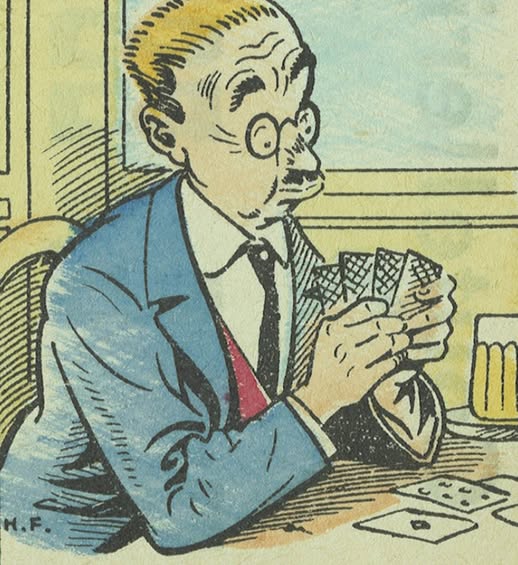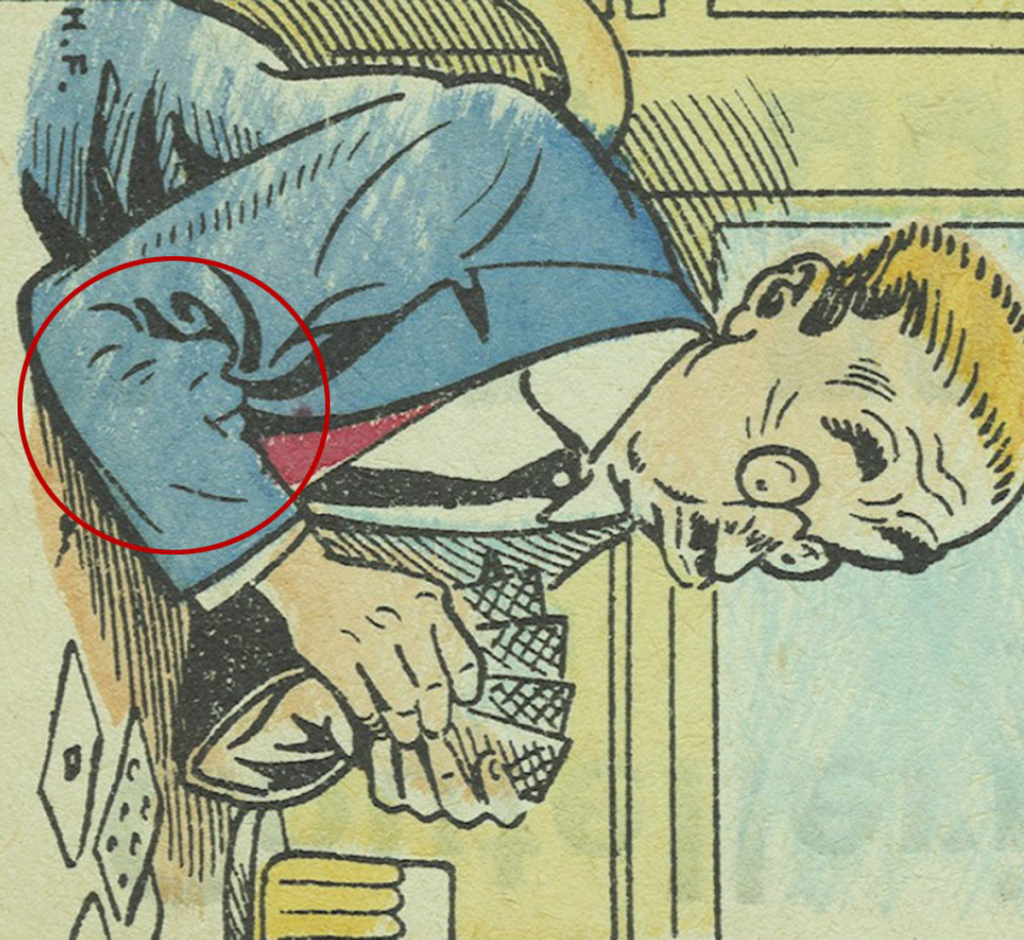Mastering the Gentleman’s Game: Elevate Your Card-Playing Prowess
A Timeless Classic: Why Card Games Still Captivate
Picture a smoke-tinged back room or a well-lit study: a sharply dressed gentleman, pint of ale at his elbow, glasses perched on his nose as he studies a tightly fanned hand of cards. From smoky saloons and grand casinos to weekend gatherings in family basements, card games have spanned centuries, cultures, and social circles. They offer a blend of skill, chance, psychology, and camaraderie that few pastimes can match. Whether you’re a casual player or an aspiring pro, understanding the art and science behind each hand can transform these familiar routines into exhilarating mental sports.

Getting Acquainted with the Essentials
Before you sharpen your poker face or perfect your shuffle, let’s cover the bedrock elements that any serious card-game enthusiast must know:
- The Deck: Most classic games use a standard 52-card deck. Familiarize yourself with suits (hearts, diamonds, clubs, spades) and ranks (2 through Ace). Some variants add jokers or special wildcards—know your set.
- Hands and Hierarchies: In poker and many derivative games, the strength of your hand dictates your strategy. From a high-card draw to royal flush, memorizing this hierarchy is crucial:
- Royal Flush
- Straight Flush
- Four of a Kind
- Full House
- Flush
- Straight
- Three of a Kind
- Two Pair
- One Pair
- High Card
- Betting Rounds: Most gambling card games feature structured rounds—antes, blinds, betting, raising, and showdowns. Mastering the flow of these rounds keeps you ready for every twist.
- Chips and Pot Management: Whether you use matchsticks or casino-grade chips, tracking your stack size and the communal pot is essential. Discipline yourself to never bet more than you can afford to lose.
Armed with these fundamentals, you’re ready to delve deeper into cunning tactics that shift odds in your favor.

Sharpen Your Edge: Proven Strategic Principles
- Position Matters: Being “on the button” (last to act) offers a real time and information advantage. Play tighter in early positions and loosen up when you see more opponent actions first.
- Starting Hand Selection: One of the most overlooked skills is discipline. In Texas Hold ’em, for example, strong opening hands like high pairs or suited connectors merit raises. Weak hands? Fold early and conserve chips.
- Pot Odds and Expected Value: Before you call, calculate whether the potential payoff justifies the risk. If the pot offers 4-to-1 odds but your chance of winning is only 3-to-1, it’s mathematically a fold.
- Table Image and Deception: Let opponents pigeonhole you. Tight-playing novices can bluff more effectively; loose players can tighten up to surprise rivals. Misdirection keeps adversaries guessing.
- Reading Tells: Body language, eye contact, chip handling—every twitch can betray a player’s strength or weakness. Practice subtle observation to glean insights without revealing your own state.
- Bankroll Management: Fancy strategies falter if your funds dry up. Set a budget, adhere to buy-in limits, and never chase losses. Treat your bankroll like a business account—growth over time beats one flashy jackpot.
Integrate these core tactics, and you’ll see not only more pots won, but also fewer unpleasant surprises.

Common Pitfalls and How to Avoid Them
Even seasoned players can fall victim to mental traps. Stay vigilant against:
- Emotional Tilt: A bad beat can trigger anger, leading to rash, illogical play. When frustration mounts, step away for a breather—patience is your ally.
- Over-bluffing: Bluff sparingly and against the right opponents. Frequent bluffers become predictable and easy targets for calls.
- Chasing Hands: Fold hopeless draws early. Know when a longshot isn’t worth the price.
- Ignoring Table Dynamics: Every game has its rhythm. Adapt to the stakes, opponents’ styles, and evolving chip stacks—don’t cling rigidly to one playbook.
- Neglecting Small Edges: Micro-advantages (bet sizing, seat selection, subtle psychology) compound over time. Master the details for a lasting competitive edge.
By recognizing and preempting these errors, you maintain clear strategic thinking even under pressure.
Elevate Your Game: Practice, Reflection, and Community
- Study and Simulation: Read strategy books, watch tutorial videos, or use online simulators to crunch hand histories. Reflect on losing sessions—identify missteps and craft improvement plans.
- Join a Community: Local card clubs, online forums, or live tournaments foster shared learning. Discuss hands, swap insights, and receive constructive critiques from fellow enthusiasts.
- Attend Tournaments: The structured environment of a live tourney hones endurance, table-image control, and pressure management—skills tougher to cultivate in casual home games.
- Diversify Game Variants: Exploring Omaha, Seven-Card Stud, or mixed games challenges you with new rules and strategies, strengthening your overall card-sense.
- Mind and Body Balance: Card games demand mental stamina. Prioritize good sleep, healthy nutrition, and stress-management techniques (like mindfulness) to stay sharp throughout long sessions.
Continuous practice and engagement with a supportive community drive steady, sustainable skill growth.

Beyond the Table: The Life Lessons of Cards
The lessons from the green-felt arena often spill into daily life:
- Decision Under Uncertainty: Cards teach you to evaluate incomplete information and make optimal choices—just like in business or personal dilemmas.
- Risk and Reward Calibration: Effective risk management at the table parallels financial planning and career moves—know when to push forward and when to pull back.
- Emotional Intelligence: Reading opponents’ moods refines your empathy and social awareness—vital for teamwork, negotiation, and leadership.
- Resilience: Recovering from a losing streak mirrors bouncing back from setbacks—build mental toughness and adaptability.
By internalizing these broader insights, you’ll find that a deck of cards offers far more than mere entertainment.

Conclusion: Your Next Winning Hand Awaits
That image of the spectacled gentleman—cards in hand, a frothy pint by his side—captures more than a moment of focused play. It embodies centuries of tradition, the intoxicating blend of chance and strategy, and the human quest for mastery. By arming yourself with foundational knowledge, time-tested tactics, and a commitment to continuous improvement, you transform each hand into an opportunity for skillful triumph. So reshuffle, ante up, and let the cards fall. Your next great victory is just a draw away.





